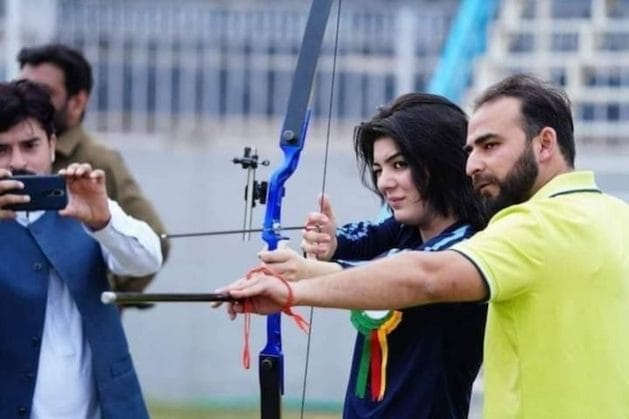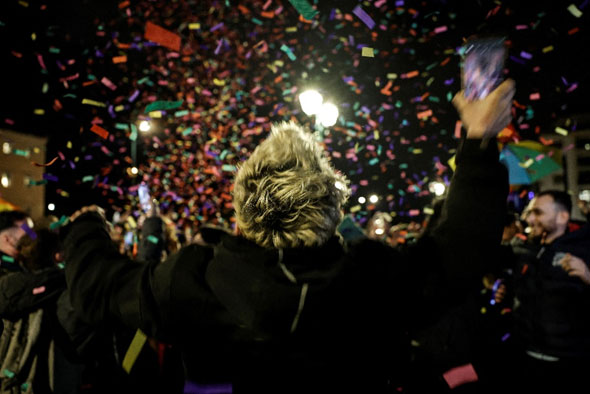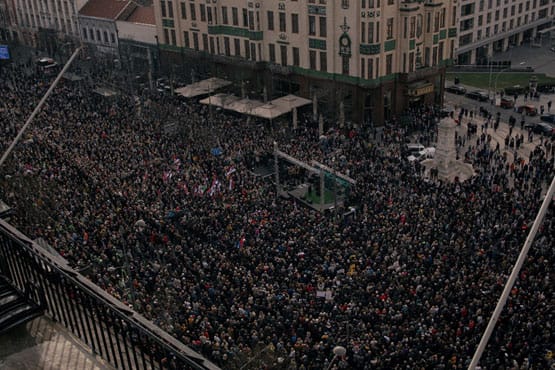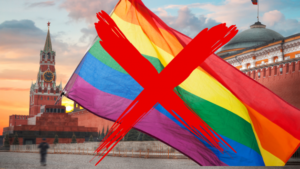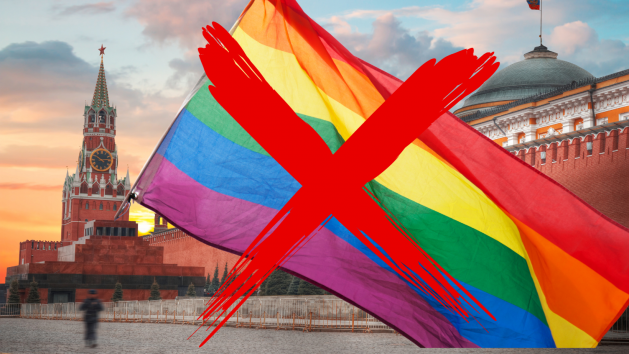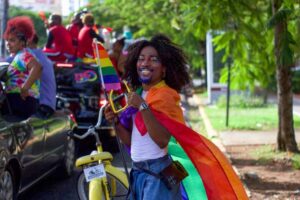
Civil Society, Democracy, Gender, Global, Global Governance, Headlines, Human Rights, IPS UN: Inside the Glasshouse, LGBTQ, TerraViva United Nations

UNDP is working in all regions of the world to integrate LGBTIQ+ people and issues in development efforts. Credit: UNDP Dominican Republic
– This year has been called the ‘super election’ year, with 3.7 billion people potentially going to the polls. This historic political moment is also an opportunity to reflect on what these billions of voter experiences will look like. Who will vote, who can run for office and who might be excluded from the political process?
It goes without saying and is enshrined in the Universal Declaration of Human Rights, that everyone should have the right to participate in the political processes in their country, and huge strides have been made in recent years to recognize and advocate for LGBTIQ+ rights. But the reality for LGBTIQ+ people is often very different.
Because despite progress, one third of countries maintain laws that make same-sex relationships illegal. For the LGBTIQ+ people living in these countries, what is their experience with elections, as voters or as candidates?
Consider the transgender person who faces harassment whenever they leave their home and is ultimately excluded from their community. Or the LGBTIQ+ groups that are receiving constant online hate because of a wave of social media disinformation. To what extent are they free to express their political views, without fear of discrimination, hate speech or even physical violence?
These experiences do not exist in a vacuum. They are the result of a vast swathe of anti-LGBTIQ+ laws and policies, which in some countries are continuing to gather momentum, compounded by the pervasive stigma and discrimination many LGBTIQ+ people face in their everyday lives.
And they directly impact our political processes by silencing people, limiting the extent to which they can have a voice in their societies and in the decisions which affect them, and entrenching structural discrimination.
UNDP has been working for decades to help break these barriers and to strengthen laws, policies and programmes that respect the human rights of all individuals. This demands we work with a broad range of global partners and advocates, recognizing that LGBTIQ+ people are a diverse group and face multiple and intersecting forms of discrimination.
But with estimates suggesting about half of the global population may vote this year, it does throw into sharp focus the need to ensure that the people determining the leadership and political direction of their countries, truly reflects the full diversity of the world we live in.
We have reason to be hopeful that they will. Because with the steadfast support of partners like Luxembourg, UNDP has been supporting global efforts, including LGBTIQ+ organizations and activists, to help transform LGBTIQ+ rights.
For instance, last October, UNDP launched its global publication ‘Inclusive Democracies: A guide to strengthening the participation of LGBTI+ persons in political and electoral processes,’ in a jointly cohosted event with the LGBTI intergroup of the European Parliament.
Its aim is to provide policymakers, electoral management bodies, legislators, civil society and other stakeholders a clear set of tools to work towards a more equal exercise of civic and political rights, freedom of expression and association, and access to public services. The publication, informed by UNDP’s work globally, includes best practices from over 80 countries, mainly from the Global South.
At the same time, UNDP is working in 72 countries and all regions of the world to integrate LGBTIQ+ people and issues in development efforts.
This includes working with young key populations in Southern Africa – which includes young gay men and other men who have sex with men, lesbian, gay, bisexual, transgender and intersex people – to help challenge some of the negative stereotypes appearing in mainstream media, and to change the negative narratives.
Support has focused on organizing media skills training for young people to build their journalistic skills and enhance the use of digital platforms for advocacy on issues affecting them.
But digital platforms also have the power to do great harm, and LGBTIQ+ individuals often face disproportionate online harassment, posing a threat to their equal political participation. With support from Luxembourg, UNDP has been able to prioritize combating dangerous online speech that targets individuals based on gender, sexual orientation or ethnicity.
For example, the Cabo Verde Free and Equal Campaign, part of UNDP’s efforts, focuses on fighting gender stereotypes and eliminating prejudices through legal and communication channels.
The global efforts to address LGBTIQ+ rights are having an impact. The recent HIV Policy Lab report – produced jointly by Georgetown University’s O’Neill Institute, UNDP and the Global Network of People Living with HIV (GNP+) shows a clear and ongoing trend toward decriminalization of consensual same-sex sex around the world, with more countries removing punitive laws in 2022 than in any single year in the past 25 years.
These advances are part of a collective effort, because building inclusive and equitable societies means building a coalition of partners. At UNDP, the importance of partners like Luxembourg in helping to fund this vital work, and shining a light on the injustices LGBTIQ+ people face, is never underestimated.
This is important because investments in human rights are investments in our societies. And thanks to Luxembourg and our core donors, UNDP has been able to help people, whoever and wherever they are, to have a voice in shaping their societies.
This year, the stakes have never been higher. The decisions made in the elections taking place will set the course for how societies develop, and to what extent human rights are respected. Which is why we must also use this moment to recognize our partners and to renew our commitments to the LGBTIQ+ community.
The world’s attention will be focused on the election winners and losers. But the outcome is only one piece of the puzzle. Ensuring the political processes taking place are inclusive, credible and peaceful is how we ultimately build a world where everyone can vote, anyone can run for office, and most importantly, where no one will be silenced.
Ulrika Modeer is UN Assistant Secretary-General and Director of the Bureau of External Relations and Advocacy, UNDP; Christophe Schiltz is Director General, Directorate for Development Cooperation and Humanitarian Affairs, Ministry of Foreign and European Affairs, Defence, Development Cooperation and Foreign Trade, Luxembourg
Source: UNDP
IPS UN Bureau





